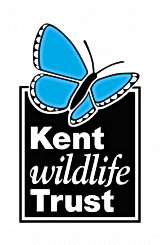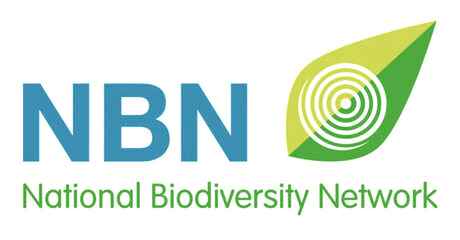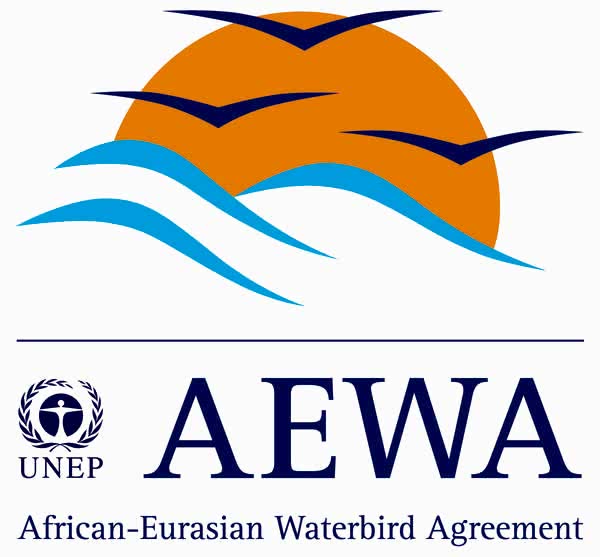Significance of organic farming for invertebrate diversity – enhancing beneficial organisms with field margins in combination with organic farming
Published source details Pfiffner L. (2000) Significance of organic farming for invertebrate diversity – enhancing beneficial organisms with field margins in combination with organic farming. Proceedings of the relationship between nature conservation, biodiversity and organic agriculture, Vignola, Italy 1999, 52.
Actions
This study is summarised as evidence for the following.
| Action | Category | |
|---|---|---|
Use organic rather than mineral fertilizers Action Link |
Use organic rather than mineral fertilizers
A small 2000 literature review on aspects of organic farming (Pfiffner 2000) found that organic fertilizers can enhance ground-dwelling arthropods through a richer supply of detritus-eating soil invertebrates (saprophagous mesofauna) (Purvis & Curry 1984). Organic fertilizers without the use of pesticides produced the highest earthworm biomass (Bauchhenss 1991).
Additional references:
Bauchhenss J. (1991) Regenwurmtaxozönosen auf Ackerflächen unterschiedlicher Düngungs- und Pflanzenschutzintensitäten [Earthworm taxonomic communities on arable land with different fertilization and plant protection intensities]. Bayerisches Landwirtschaftliches Jahrbuch, 68, 335-354.




















